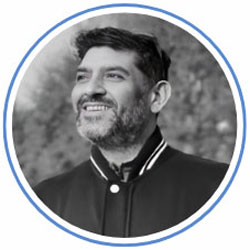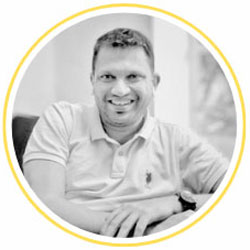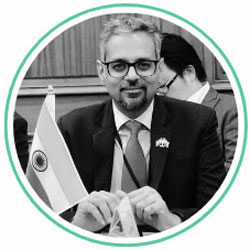It’s easier said that done. In such a competitive world, where each of us are striving to make it big, or just succeed or even just survive, the whole world seems to circle around our own selves. Whether we attribute this self centredness on an emerging individualistic culture or the space of scarcity that all of us seem stuck in; the reality looms around a dark reality of aloneness.
In 1947, a lot of our families migrated from, now Pakistan. Some of these families lost everything in the migration. People who lived in huge houses and kothis, had to run away with their bare essential belongings in suitcases. A lot of families never made it to India and vice versa. Without going into the gory details of partition, people needed to start afresh. It was a matter of survival – of the basic needs.
In 1943, Maslow had written in his paper, “A theory of Human Motivation” about the hierarchy of needs. He stated that the most basic needs represented by physiological needs was one of the most basic needs and only when those are met, people are willing to look at other factors in the hierarchy. It took India almost 50 years after partition to be introduced to the concept of abundance.
How did this translate into actual living?
Whilst the partitioned families scrambled to make ends meet and to gather their resources and start afresh, a lot of morals and value systems were compromised. The idea of establishing a new reality in a new space came with its own set of perils. Wide spread corruption started. Legal systems were compromised and a certain section of the popular got richer whilst the majority suffered in poverty. People became very possessive about their money. What started off as a money saving measure graduated to full blown exploitation, which continues even till today. The whole idea of getting the maximum out of people for the least amount of wage became the mantra. Nehru spoke on the eve of August 15, 1947; not about the holocaust that people had survived in India but about a newer India, a newer idea. The New India was headed towards industrialisation and growth and higher GDP. We needed that. Kind courtesy the British, we were left with not too much.
As the post partition days were scarce of resources, people weren’t able to look at abundance as a principle. Its a bit ironical because if you go into the history of this land, there was always enough to share. Scarcity in the heart results in scarcity outside. And because we were seeing a scarce outer world because of our own scarcity inside, we started becoming selfish. We forgot to acknowledge and appreciate. Our world became EXCLUSIVE rather than INCLUSIVE.
So whats the problem?
There isn’t one. There could be many problem that arise out of a scarce perspective of life. I’ll try to list some.
As I mentioned, inner scarcity more often results in scarcity outside. One of the basic problems of this scarcity and exclusivity is that people stop connecting with each other. For eg: joint families started suffering from what I call HIFS (Happy Indian Family Syndrome). Siblings started fighting over immovable assets. Families moved from joint to nuclear to sometimes not even existing.
One of the biggest issues with exclusion is an inflated sense of ego because by definition exclusion means that you feel that you are different from the other person and that your benefit is the only thing that matters. We can observe this in how we have treated our forests and rivers. We can also see this in the way we treat our domestic help and security guards. We can see this in the way we deal with relationships – personal and professional. The “Ji huzuri” still persists.
Competitors bad mouth each other trying to convince the customer that my product is Better than their competitions. The advertisements on television are based on accentuating deficit, on creating a false need; always pushing for what you don’t have and why you don’t need it. Rather than abundance, fear is used as a tool and a weapon to control peoples minds.
This sense of self righteousness and self centeredness keeps the muscles tight at all times and can be quite exhausting. It’s not a sustainable space.
So then what is to be done?
For years, in my workshops and talks, I have been saying that Freedom = Gratitude + Forgiveness. And I find this formula very easy to understand. It may be difficult to apply but its easy. Try it.
I think one of the first and foremost things that we need to do is to RECONNECT WITH OURSELVES and be THANKFUL and FORGIVE ourselves for all the stuff we beat ourselves for.
Secondly, we need to reconnect with people around us – be it our family and friends or acquaintances. It’s nice to reconnect with those we often forget to thank and forgive or seek forgiveness.
And instead of an exclusive space, we need to start feeling connected with people around us. Instead of beating our own trumpet ( we are masters at it), we need to start ensuring that the person to our left or right looks good. It is lovely to bask in the glory of someone that you have pushed forward. And when they look good, so do you.
What is in it for me?
Relaxed muscles in the body hence lesser fatigue.
A happier space of inclusion
Lesser fear, hence better stomachs.
Better relationships with yourself, your families and friends.
Try it!
 Vikram Badhwar, CEO, Syngrity, is a communications coach, an experiential educator, and an artist trying to bridge the gap between the creative and the analytical side of our brain. He consults individuals and teams in the space of learning & development to enable transformations at a personal, professional and organizational level.
Vikram Badhwar, CEO, Syngrity, is a communications coach, an experiential educator, and an artist trying to bridge the gap between the creative and the analytical side of our brain. He consults individuals and teams in the space of learning & development to enable transformations at a personal, professional and organizational level.


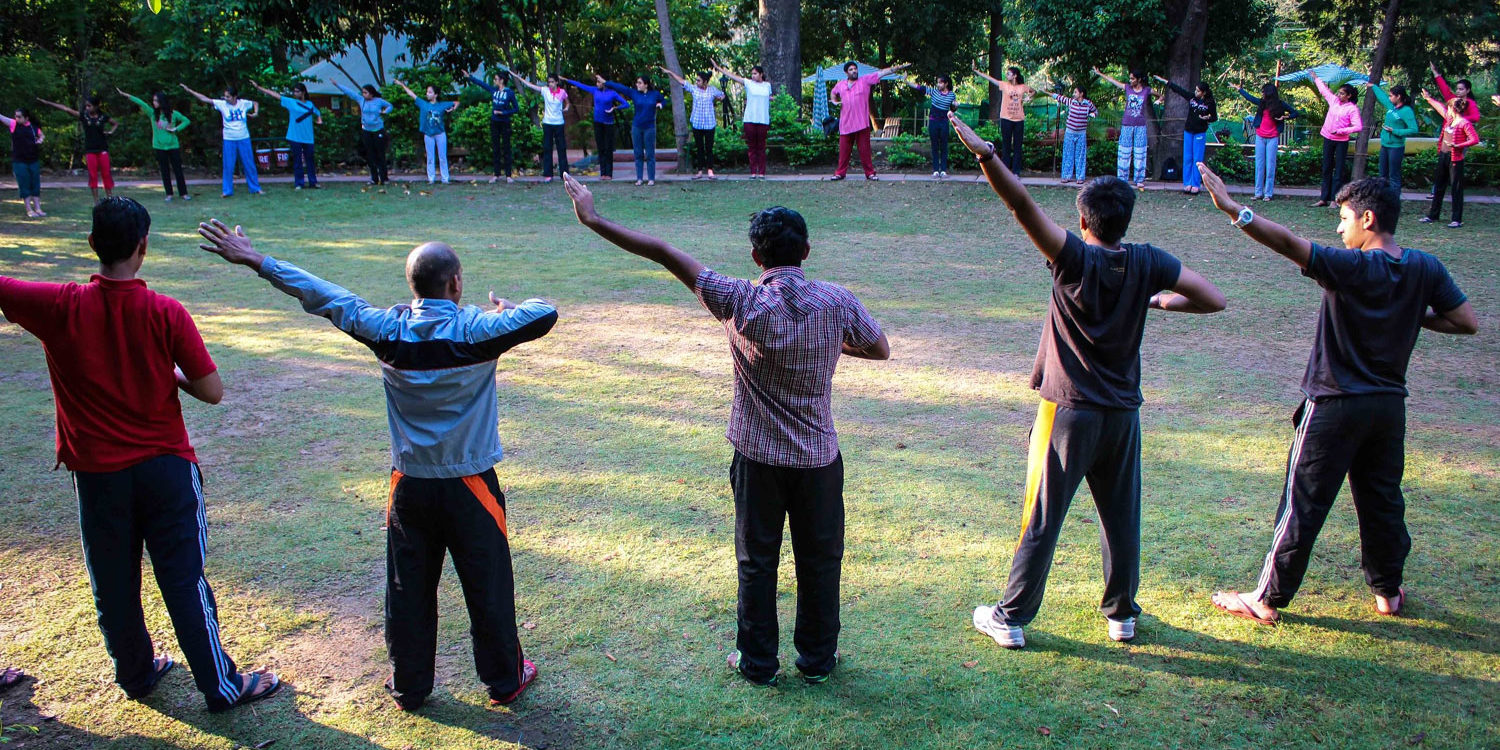
 MALATI VASUDEVA
MALATI VASUDEVA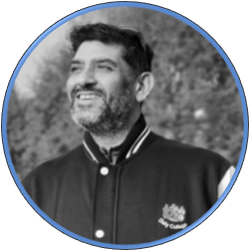 VIKRAM BADHWAR
VIKRAM BADHWAR PRIYANKA KUMAR
PRIYANKA KUMAR SUMAL VARGHESE
SUMAL VARGHESE

